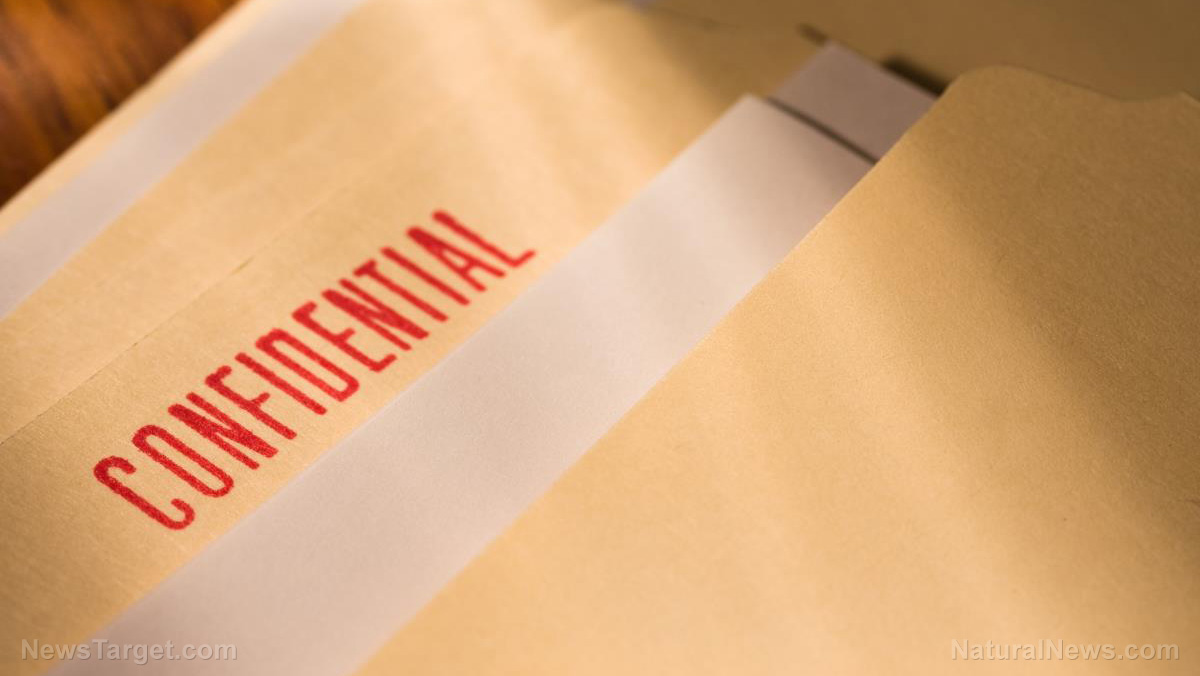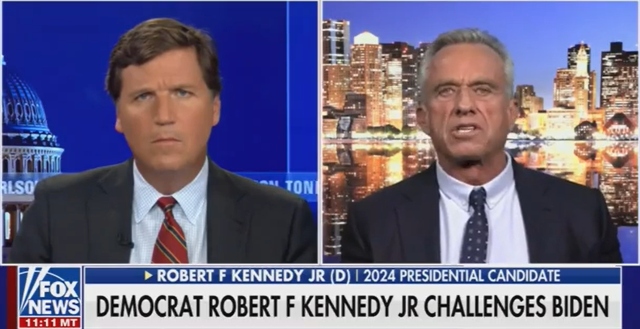Leftists whine after Elon Musk accurately labels state media outlets as being funded by governments
Leftists hate transparency more than anything because when they are forced to admit who and what they are, they lose support for their policies and ideology.
So that's why liberals throughout the West are furious at Twitter boss Elon Musk after the platform began accurately labeling state media outlets as being paid for by governments, not independently owned and profit-driven entities.
For instance, Canadian Prime Minister Justin Trudeau's hypocrisy is apparent as his government spends millions promoting digital media literacy, while he appears unable to tolerate a basic label on Twitter that accurately characterizes the Canadian Broadcasting Corporation as "government-funded media,"
The Post Millennial reported on Monday.
"This statement is undoubtedly true, as the CBC receives over $1.2 billion a year in government funds. However, Trudeau was incensed by Twitter's labeling and immediately tried to blame the Conservatives for delegitimizing 'independent media organizations,'" the news site noted further.
“When they’re trying to attack a foundational Canadian institution, the fact that he has to run to American billionaires for support to attack Canadians says a lot about Mr. Poilievre and his values,” Trudeau said.
“I think it says a lot about the Conservative Party of Canada. They’re choosing to constantly attack independent media organizations, journalists who are working hard to keep Canadians informed and support our democracy," he added.
That's a bald-faced lie, same as if he were saying it about National Public Radio in the United States. They are government-funded entities that are extremely partial to leftists and that's why you see only leftists like Trudeau defending them as 'defenders of democracy.'
The source of the controversy lies in Twitter's efforts to identify state-affiliated accounts, including media outlets funded by governments, to equip individuals with the necessary data to determine if they are being exposed to government propaganda.
Despite the gravity of the matter, public broadcasters, such as CBC, NPR, and PBS, reacted with collective outrage when asked to be open about their financial models,
The Post Millennial report continued.
Recently, NPR and PBS declared that they would discontinue using Twitter because of the newly introduced categorizations. Similarly, the BBC in Britain expressed its frustration with being labeled "government-funded" and successfully persuaded Twitter to revise it to "publicly funded" because the network depends on a television tax instead of direct subsidies.
On April 14, 2022, Musk made an offer to acquire Twitter for $54.20 a share. Twitter
accepted the deal by April 25th, and the acquisition was concluded on October 27, 2022. The purchase price represented a 38 percent premium to Twitter's closing stock price on April 1, 2022. Musk, who is a well-known business magnate, stated that he wasn't trying to buy Twitter to make money.
The acquisition of Twitter by Musk has had a significant impact on the social media platform. Musk's strong presence on Twitter has led to a surge in activity, with many of his tweets going viral and generating a lot of attention. Musk has also been vocal about his plans for Twitter, stating that he wants to improve the platform's security and make it more user-friendly.
In addition, he has pledged to be transparent about how the platform was used in the past, with former executives cooperating with the federal government to shadow-ban and downgrade conservatives. That has included giving multiple independent journalists access to previously hidden information, which has been released in batches of "Twitter Files."
The files are
a collection of internal documents, including emails and Slack discussions, which were released by Musk to set the record straight. These documents shed light on Twitter's inner workings and its handling of takedown requests, especially by Democrats.
They have sparked debates over transparency, improved content moderation processes, and blacklisting. The released documents cover a range of issues such as Twitter's handling of the Hunter Biden laptop controversy, shadow banning of users, and Twitter's role in the Capitol attack and Trump's suspension from the platform.
The documents show Twitter executives and employees grappling with difficult decisions and questioning the company's rules, but also how they cooperated with federal agencies to target certain Americans' political believes while stifling useful information about COVID-19.
Sources include:
ThePostMillennial.com
PRNewswire.com
CBSNews.com
 Parler
Parler Gab
Gab










